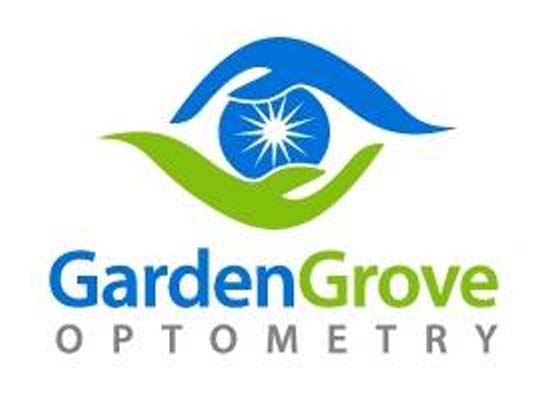 World Sight Day is an annual reminder of the importance of maintaining good eye health and preventing vision problems. This year, Garden Grove Optometry focuses on a common but often overlooked condition — dry eye syndrome.
World Sight Day is an annual reminder of the importance of maintaining good eye health and preventing vision problems. This year, Garden Grove Optometry focuses on a common but often overlooked condition — dry eye syndrome.
Prolonged screen time can exacerbate dry eye syndrome, making your eyes feel dry, itchy, or even painful. These symptoms could indicate that you need to see a dry eye expert in Garden Grove.
How Screen Time Contributes to Dry Eyes
In today’s digital world, long hours of screen time are almost unavoidable. Many of us spend hours in front of computers, smartphones, and other digital devices for work or leisure.
Unfortunately, this reduces the number of times we blink per minute, which is key for keeping the eyes moist and comfortable. Blinking spreads tears across the eyes' surface, but when we stare at screens, we tend to blink less often, resulting in dry eyes.
The risk is even higher if you’re prone to dry eyes or have underlying conditions like blepharitis. The lack of blinking and the strain of focusing on screens can worsen your symptoms, leaving you with dry, irritated eyes.
Recognizing the Symptoms of Dry Eye
You might have dry eye syndrome if you experience:
- Dryness: A persistent feeling of dryness or discomfort in the eyes, particularly after extended screen use
- Itchy or burning eyes: A sensation of itching or burning, especially when you wake up with dry eyes
- Redness: Red, bloodshot eyes
- Pain: Eye pain or discomfort, which may be relieved by eye drops for irritation and pain
- Blurry vision: This is a common dry eye symptom after long periods of focusing on a screen
- Watery eyes: Although contradictory, sometimes the eyes excessively tear to try to make up for the dryness
How to Effectively Manage Dry Eyes Caused by Screen Time
If you suspect that you have dry eye syndrome, here are some effective treatments and simple home remedies for dry eyes to consider:
- Use Eye Drops for Irritation and Pain: Over-the-counter or prescription eye drops can relieve irritation and pain associated with dry eyes.
- Apply Eye Gel for Dry Eyes: Eye gels can offer long-lasting moisture, especially if you wake up with dry eyes. They protect your eyes overnight, preventing dryness and discomfort in the morning.
- Try Blepharitis Eye Spray: If you have blepharitis, an eye spray can help manage inflammation and keep your eyelids clean, which is crucial for maintaining healthy tear production.
- Use a Humidifier for Dry Eyes: Increasing the humidity in your home, especially in your study room, can help reduce eye dryness while working on the computer.
- Consider the Best Contacts for Dry Eyes: If you wear contact lenses, switching to those specifically for dry eyes can make a significant difference in your comfort level.
- Take Consistent Breaks: Aim for the 20-20-20 rule — every 20 minutes, take a 20-second break and focus on something 20 feet away. This simple habit can go a long way in preventing dry eyes and maintaining overall eye health.
- Blue Light Blocking Reading Glasses: Our optometrists offer trendy blue light glasses to reduce digital eye strain and the dryness associated with it.
- Look into IPL for Dry Eyes Near You: Intense pulsed light (IPL) therapy is a cutting-edge treatment available at our dry eye clinic.
Schedule A Dry Eye Consultation This World Sight Day
This World Sight Day, consider how your daily habits, particularly screen time, might affect your eye health. Early intervention can also prevent more serious complications, so request an eye exam at Garden Grove Optometry.
